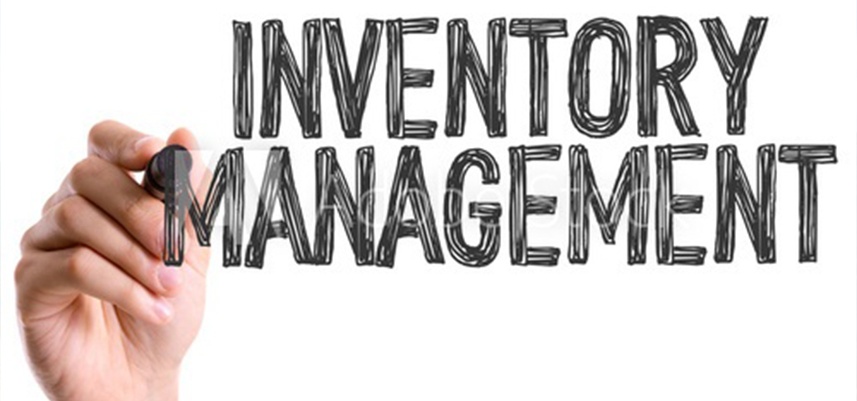Inventory management is one of the biggest challenges of running a wholesale business.
As a distributor, you’re going to be dealing with huge volumes of stock and it’s imperative that this stock is managed as efficiently as possible. Failure to do so might not put you out of business directly, but it will mean that your work process isn’t optimized for cost savings which will hurt the business in the long run.
Smart inventory management is also vital because modern-day retailers demand quick delivery services and better customer support. If you can’t keep track of your own products, how do you expect to solve clients’ problems?
In this post, we’re going to discuss 5 expert tips that will help your business manage stock better to increase sales and improve customer satisfaction.
1. Incorporate Technology

It’s about time B2B industry moved on from spreadsheets and manual inventory management practices.
There are plenty of modern software tools available in the market that will help you optimise your operations, increase overall efficiency of your workplace, and help you dealing with on-board employees or managers quickly.
The greatest benefit of these software solutions is that alongside their in-house inventory management capabilities, they also help serve your customers better by providing them the liberty to place orders, track shipments, and keep user accounts on your website all through a dedicated mobile app or the website itself.
The only drawback? Inventory management software can be fairly expensive. However, the yearly cost you’ll be paying is almost minimal compared to the benefits you get in the long run.
2. Keep Everyone In The Loop

One of the biggest reason why most businesses fail is that young entrepreneurs withhold too much information from their employees out of fear that their trade secrets might get leaked to competitors.
We understand why these business owners feel this way – it’s hard to trust someone who’s working with you primarily for money – but working on your own without involving anyone else in business matters does more harm than good.
Of course, this doesn’t mean you start discussing your secrets with every employee you hire, but the higher level management at your company should at least stay in the loop on what’s going on.
Remember: Inventory management is a cumulative effort. It only works like it’s supposed to when everyone understands what’s required and which practices must be followed.
3. Automate Operations

Smart inventory management is all about increasing operational efficiency and reducing bottlenecks wherever and however possible.
If you can automate repetitive and administrative tasks, it gives your employees more time to work on important things such as core business operations. Not only does this significantly increase productivity, it also results in a happier staff.
According to research, employees spend nearly 70 days a year doing repetitive tasks, almost 13 hours a week only going through E-mails. Imagine how much more productive you can make your workplace by automating these operations.
4. Keep On-Hand Inventory Low

It’s always better to stay over-stocked rather than under-stocked, but that shouldn’t mean you keep inventory levels so high that you’re paying excessive amounts of money every month on storing items that will eventually decay.
Don’t forget that the value of goods depreciates over time. On top of that, you’re going to be paying for storage and warehouse management.
The best way around this common problem is to incorporate smart software solutions that use AI (Artificial Intelligence) to predict inventory requirements according to consumer buying trends. In simple words, these tools will tell you how much stock you need in any given month depending on past sale records.
5. Track Expiry Dates Diligently

Distributors of food products and other perishable items fully understand the importance of keeping track of expiry dates. If these items aren’t sold at least a few weeks before they’re due to go bad, they’ll need to be returned to the manufacturer which involves further complications.
Once again, the smartest way around this problem is to use inventory management software tools which give each item a barcode bearing information like expiry dates that can be tracked.
Customers will also ask for this information, so you’ll need to attach barcodes to all items anyway.
Conclusion
There are hundreds of different tips and tricks you can use to improve inventory management at your wholesale business, but these are 5 of the most effective.
At the end of the day, what you use will depend entirely on what your business needs are. Sit down with your upper management and identify processes which can be improved through automation or by using software tools.

